Massive $4.1 Billion Plan Aims to Tackle Massachusetts' Affordable Housing Crisis

In recent news, Governor Maura Healey has put forward a groundbreaking $4.1 billion bond bill to combat the escalating affordable housing crisis in Massachusetts. This ambitious proposal, more than doubling the size of the state's last major housing bond bill from 2018, aims to create and renovate affordable housing across the state. For those of us in the real estate industry, this development carries significant implications and opportunities that we should be aware of.
The Crisis at Hand
Governor Healey's declaration of a "state of emergency" highlights the pressing issues Massachusetts is currently facing. The shortage of shelters and a growing homeless population underscore the urgency of addressing this crisis. Furthermore, the state has grappled with a long-standing shortage of affordable housing, with over 184,000 individuals waiting for state public housing.
A Comprehensive Approach
Healey's proposal includes a wide array of measures, including tax breaks, legal changes, and incentives designed to boost the construction of new housing. The administration estimates that this bill could lead to the creation, preservation, or improvement of up to 65,000 homes. This comprehensive approach signifies a significant shift in how the state intends to address this issue.
As real estate professionals, the plan's emphasis on incentives for construction presents potential opportunities for developers and investors. Understanding the nuances of these incentives and their specific application in different areas of the state will be crucial in maximizing their benefits.
Addressing Vacancies and Repairs
An investigation conducted by WBUR and ProPublica recently uncovered nearly 2,300 unoccupied units, many of which are in need of repairs or major renovations. In response to these findings, a "90-day push" was initiated by State Secretary of Housing Ed Augustus to reduce these vacancies by year-end, providing financial assistance to local housing authorities.
Investors or developers interested in reinvigorating existing housing stock may find opportunities in the revitalization of these unoccupied units. Understanding the eligibility criteria and application process for financial assistance will be key.
Investment in Public Housing
Healey's bond bill earmarks $1.6 billion for repairing and modernizing state-run public housing units, with the aim of reducing the $3.2 billion backlog by half. This commitment to maintaining and enhancing public housing demonstrates the state's dedication to addressing the housing crisis.
A Holistic Approach to Housing Funds
The bond bill also includes increased funding for various housing programs, from environmentally-friendly housing to accommodations for those experiencing homelessness or recovering from substance abuse. Municipal infrastructure projects receive a significant boost with $175 million allocated to encourage denser housing development.
Real estate investors, especially those focusing on eco-friendly and community-oriented projects, can explore opportunities aligned with these programs.
Tax Measures and Streamlined Regulations
The bill introduces the ability for cities and affordable housing commissions to impose taxes of up to 2% on real estate sales to fund affordable housing. The bill also simplifies the process for requiring developers to include affordable housing units in new constructions.
Investors and developers should closely monitor the impact of these tax measures in specific areas, as they may influence property transactions and development decisions.
Overall, Governor Healey's comprehensive plan is a pivotal development for the real estate industry in Massachusetts. It offers opportunities and incentives for developers, investors, and housing authorities while addressing the critical issue of affordable housing. Staying informed and adapting to these changes will be key to navigating the evolving landscape of real estate in the state.
Categories
Recent Posts
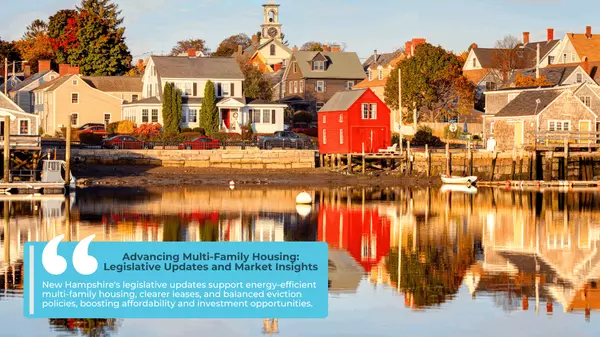
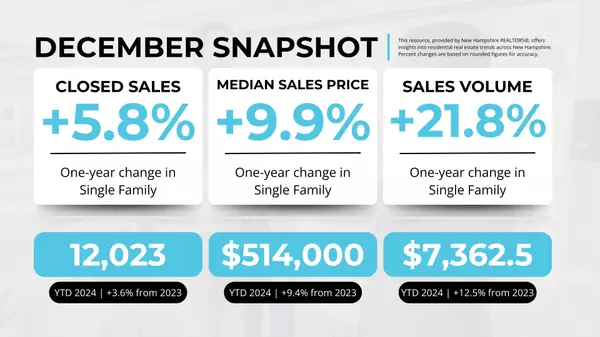
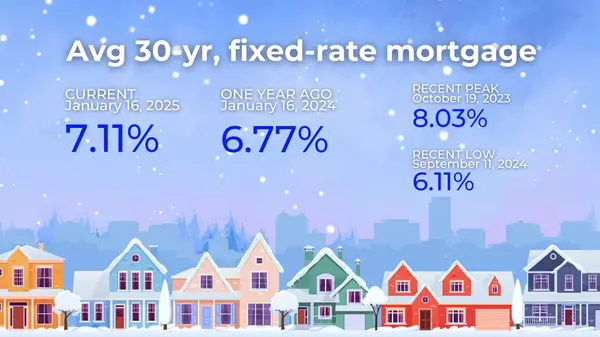
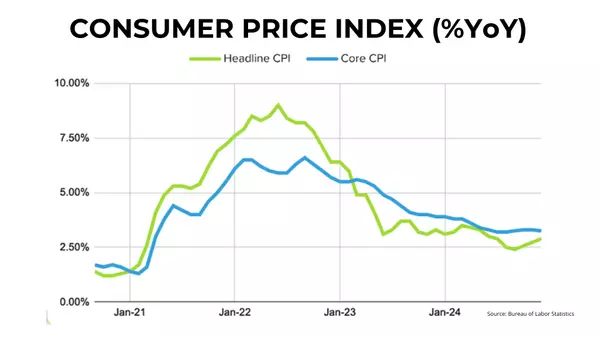

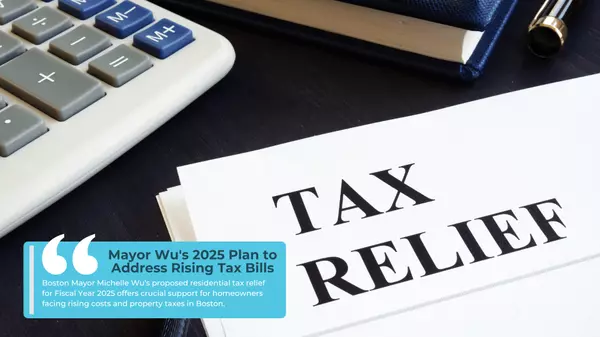
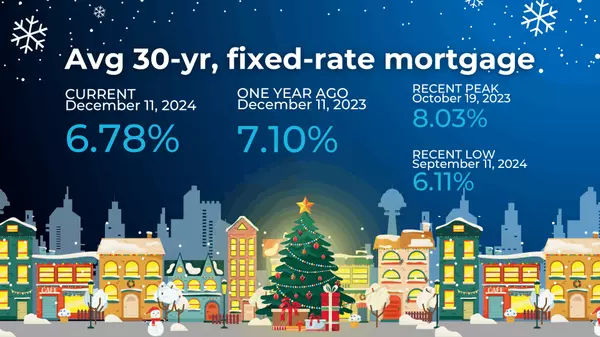
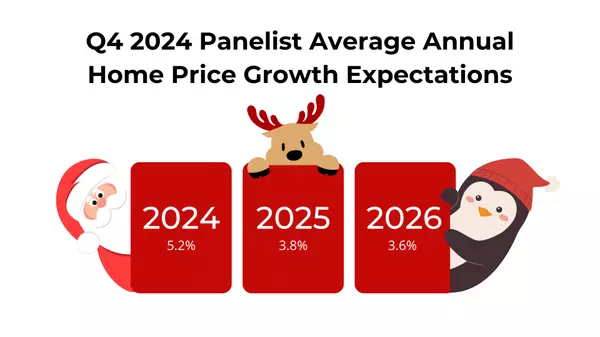
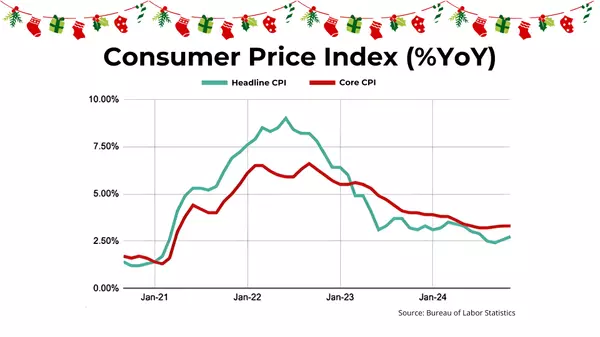

GET MORE INFORMATION

